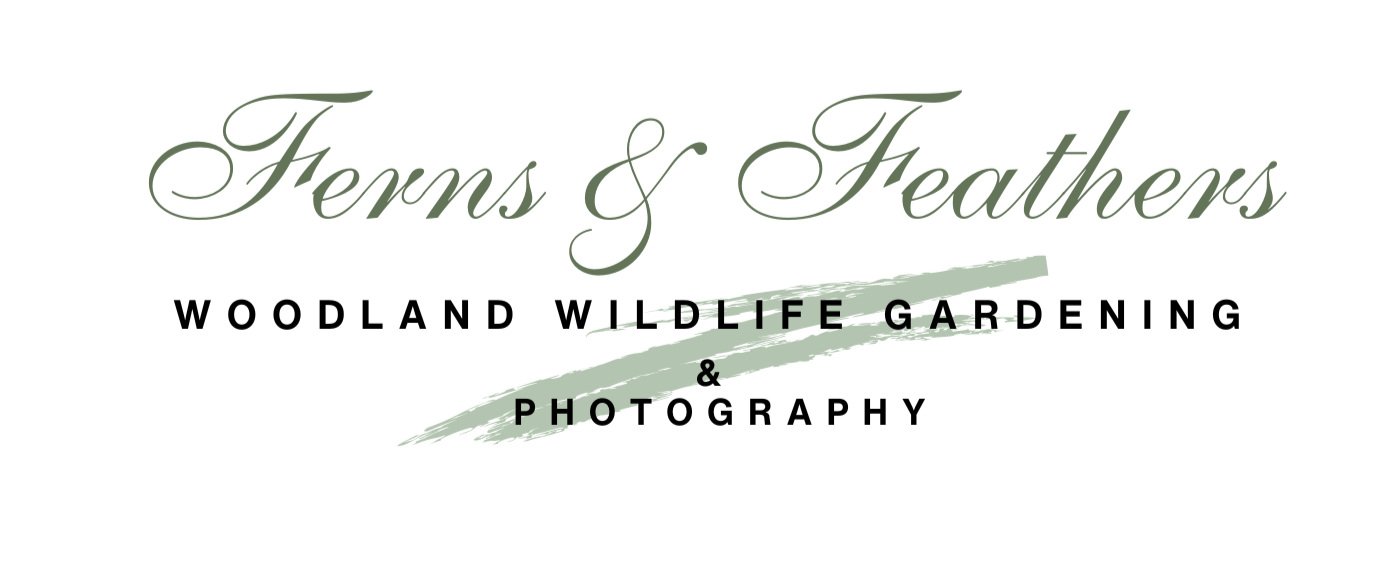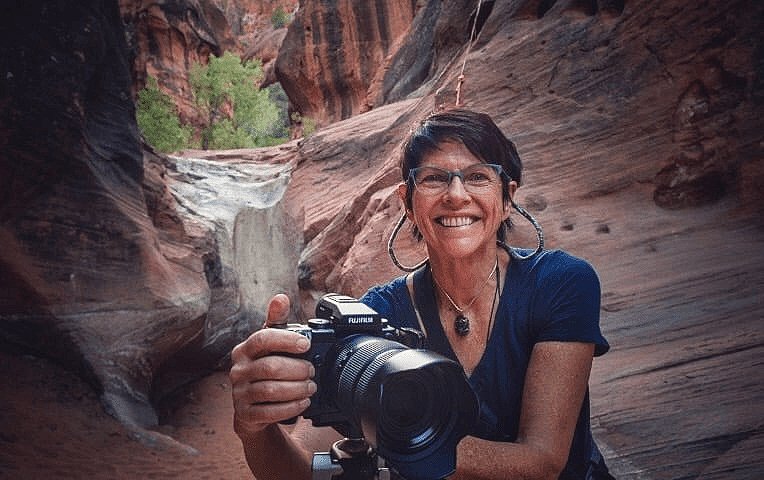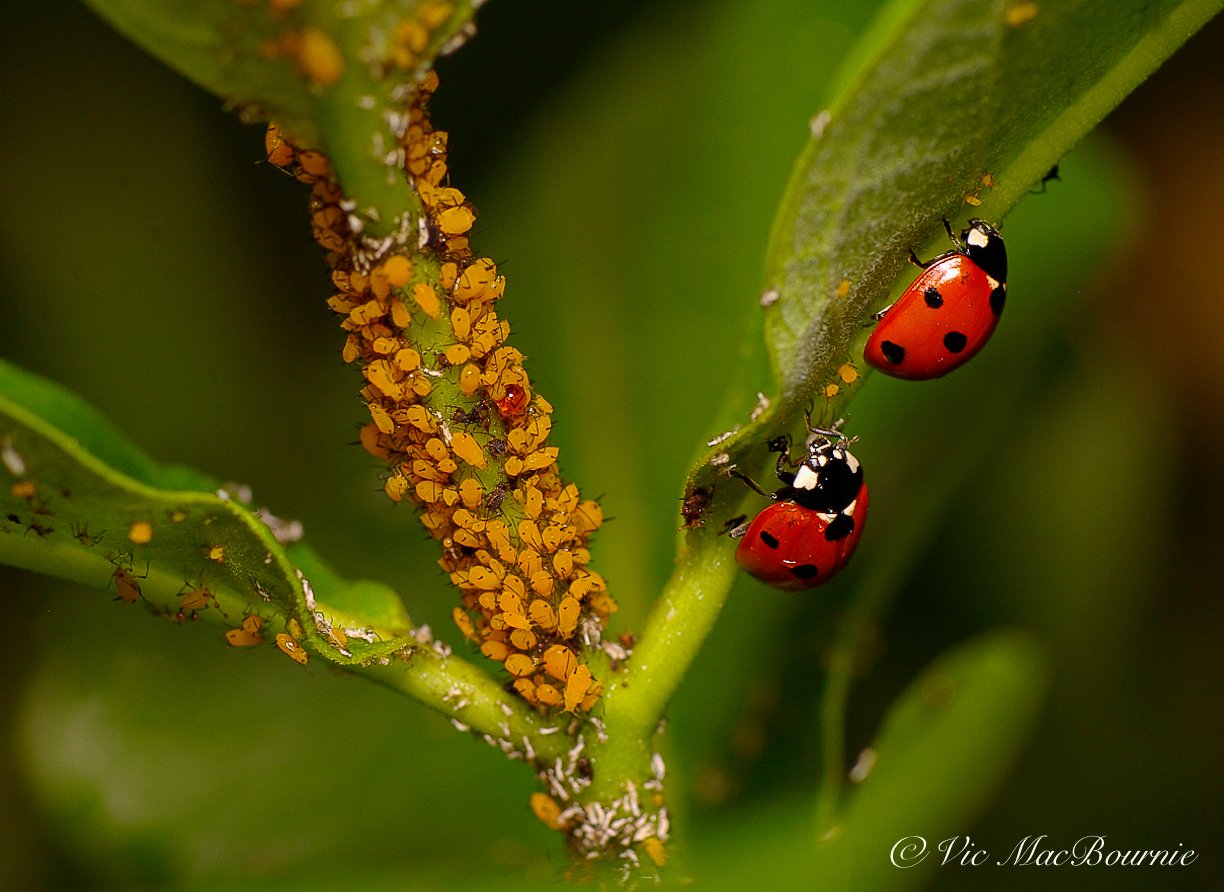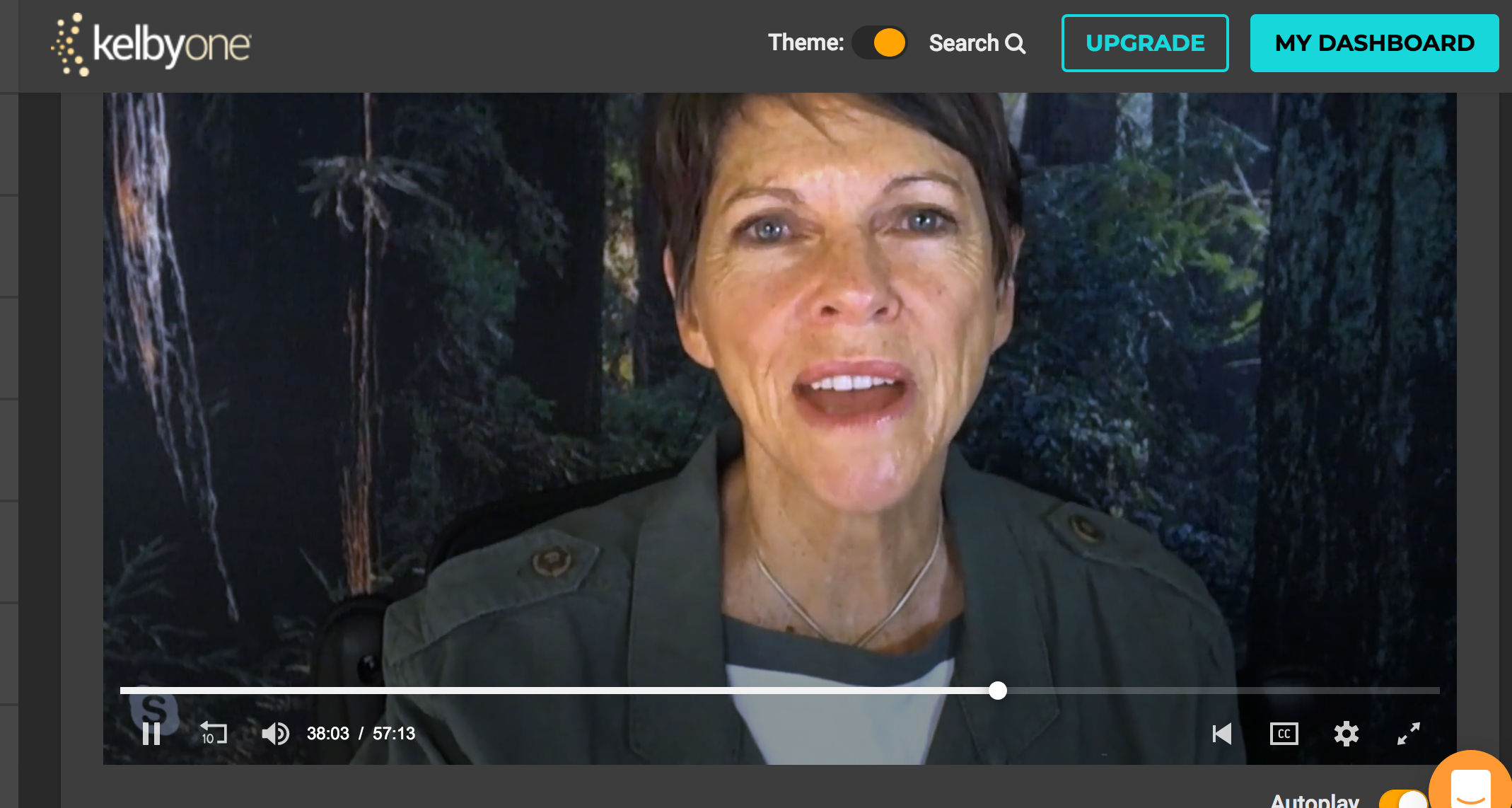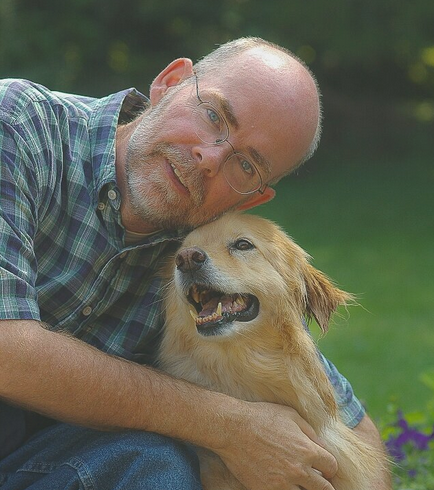Karen Hutton: Exploring the world of macro/close-up photography
KelbyOne course takes creative approach to macro photography
It doesn’t take long to see that Karen Hutton’s high-energy personality is contagious.
Her YouTube videos are a dead giveaway of her energetic approach to photography and life. And, it’s this high-energy approach to travel and landscape photography that has made her a popular speaker, educator and voice for photography.
She is a Professional Fujifilm-X Photographer, living in California where she spreads her love for her chosen profession to anyone who will listen.
• Click on the link if you want more on KelbyOne on-line photographic courses.
“I believe in discernment, truth, wisdom, strong artistic choices, love and the power of uplifting others,” she writes on her impressive website. “I believe that art is love made visible.”
Karen also believes in simplicity. When asked by Ferns & Feathers how her course would benefit someone who is inexperienced in the world of macro, she is quick to explain that her goal is to take the complexity out of macro photography. “It’s creative and meditative” she explains adding that
“It approaches macro in a less technical way, and more as: A way of seeing + thinking,” she explains. It’s “a way of telling stories; a way of being and of well-being; a way to understand beyond ourselves. Thus, (the course is) more an exploration that anyone can enjoy.” Karen explains.
“The course breaks down the stages of storytelling (like a filmmaker does) in a simple way that any photographer can use to shape their images in a more meaningful way. As a for instance, by finding relationships, then using the light to paint, bathe and wash your characters with it in interesting ways to create an emotional impact, you tell an interesting story with your images.”
Readers who don’t have an expensive camera and maybe count on their cell phone or a simple point-and-shoot compact camera are not left out from enjoying the macro experience.
“The course is built for anyone, regardless of the type of camera they have. It’s about a way of sensing, thinking and seeing… which is a different kind of approach and welcomes any kind of gear,” Karen explains, when asked about gardeners who like to take pictures with their smartphones or compact cameras.
Karen emphasizes the importance of telling the story of the hidden beauty of our gardens.
We how the beauty of our gardens by “telling (showing) the great stories found within the garden. Stories about what you love, how the various elements interact with one another – and finding meaning in all of it.”
If you want to experience some of Karen’s macro photography, take 5 minutes to watch her video in collaboration with Fujifilm on the Great American Road Trip. In this video she uses the road trip to explore the details found along the route.
It’s not hard to fall in love with her approach and her work. Whether it’s capturing the spirit of the Sierra Nevada mountains of her California home, intimate details of her travels to France and Italy, or capturing beautiful light of St. Thomas on the Hill in the Upper Sava Valley of Slovenia.
“A lifetime of chasing – and creating with – light began when I was 8 or 9,” she writes. “I had a vision about the transformational power of light, which ignited a sense of purpose that leads me to this day.”
Her outstanding images, humour and genuinely positive outlook, are inspirational to those looking to discover their artistic voices in photography.
If you are looking to upgrade your camera equipment and maybe purchase that macro lens you always wanted, be sure to check out the used camera equipment at KEH Camera Exchange. You can also trade in your old equipment to help defray the costs of your new, used equipment.
Macro photography in our gardens can be extremely rewarding. For more on shooting close-up images in our gardens, be sure to check out my comprehensive post on macro/close-up photography. I have also done a separate post here on flower photography.
But how does all this high energy translate into macro photography?
After all, The world of close-up photography demands the maker slow down, study the world in minute detail and find intimate compositions that can be almost invisible to the naked eye.
• Click on the link if you want more on KelbyOne on-line photographic courses.
In one of her many videos, Karen talks about the importance of discovering the natural world and the smaller details that are so easily overlooked.
“There is so much beauty that fills our world.” Karen explains. “And it comes at every shape and scale and texture. I am awestruck by amazing vistas and cityscapes, but as a citizen of the earth, I want to look, I want to appreciate the smallest components as well as the grand design.”
Review: Karen Hutton’s hour-long macro/close-up photography course
I was fortunate enough to have taken Karen’s one-hour photography course on macro and close-up photography.
After viewing the on-line course on my laptop in the comfort of my home, I can say without a doubt that this course is aimed at people looking to experience the world of close-up photography in a creative rather than a highly technical approach.
It is not aimed at a master of macro photography. That’s not to say there is nothing for the experienced macro photographer to take away from the on-line course, Karen incorporates plenty of excellent tips and approaches to macro and close-up photography for even the most experienced photographers.
The course is, however, aimed at photographers looking to expand their creative horizons and experiment in a world they may never have explored to any great degree in the past.Technical explanations are kept to a minimum, there are no complex descriptions of using flash, and even discussions around lenses are kept to a minimum.
For those of us who are more gardeners than photographers, I think this course is the perfect introduction to macro and close-up photography.
It will challenge you to look at, and approach, your garden and photography in a new more creative way. Karen’s whole approach is to see macro photography as one part of a larger story that begins with seeing the subject in a wider context before moving in on the more intimate details.
It’s the ideal vision for our woodland/wildlife garden approach. Although the single flower is beautiful in itself, it is really just one part of the larger concept that makes up our woodland gardens. The native trilliums in our gardens, for example, depend on the tree canopy for their survival. The tree canopy, therefore, is part of the the trilliums’ and other spring ephemerals larger story and should be included in our story as we explore the details of our trilliums.
It’s an approach that tells a more creative and complete story, as we move in closer and closer to our subjects.
It’s storytelling in a very intimate way.
She refuses to get hung-up on the true definition of macro and, instead, shows how “close-up” photography can be captured with everything from a point-and-shoot camera, to a telephoto lens or a simple zoom lens with a macro feature. Most of us have at least one of these tools in our camera bag.
Karen begins the course by showing students how they can tell a story by moving from a distant view of their subjects through to the middle, medium and finally the more intimate macro or close-up views.
Along the way she uses images to illustrate her story-telling approach to close-up photography.
She touches on the importance of light, explaining the varying emotions that different light can evoke in an image.
She talks about exploring macro at home using everything from kitchen utensils and garden produce to backyard flowers.
Finally, she explores design and movement in close-up images, and wraps it up with the importance of capturing natural patterns in nature.
Macro on-line course is both inspirational as well as informative
In conclusion, Karen’s creative approach to teaching macro photography makes it more accessible to all of us. It inspires us to think about why we are trying to capture an image; why we even want to capture the image, and how we can best illustrate the intimacy of that moment.
Karen’s approach of using macro photography as a means to tell the complete story of our gardens is an approach that inspires us to look deep into what makes our gardens special.
“The course breaks down the stages of storytelling (like a filmmaker does) in a simple way that any photographer can use to shape their images in a more meaningful way. As a for instance, by finding relationships, then using the light to paint, bathe and wash your characters with it in interesting ways to create an emotional impact, you tell an interesting story with your images.”
If you are looking for technical expertise on lenses, lighting and how to obtain 1:1 images of your favourite flower, I suggest you may want to look elsewhere. But if you are looking to be inspired to take your close-up and macro photography to another level, Karen’s course might be the spark that ignites a whole new world of photography.
Karen’s courses are available at KelbyOne, The Ultimate source for Photography Education on the web.
What is the KelbyOne on-line photography program?
Before I explain the KelbyOne on-line photography program, let’s take a look at the founder of the program, Scott Kelby. I was introduced to his work many years ago when I purchased one of his incredibly informative Photoshop books from my local Costco. Since then, he has gone on to write a plethora of books and articles on everything from Lightroom and Photoshop to getting the most out of your iphone camera.
Scott is the brains behind KelbyOne, the extensive on-line photography educational program boasting more than 100 of the world’s best and most entertaining photographers sharing their knowledge and expertise with the photographic community and anyone looking to expand their knowledge about their hobby or their chosen profession. It’s all online and can be accessed from your computer, tablet or even from your phone. There is no need to leave the comfort of your home to gain a wealth of knowledge.
Courses on everything from travel photography, to portraiture, to creative landscapes and Black & White photography are just a few of the more than 900 on-line courses available.
Students can purchase courses individually for as low as $9.95 or by monthly subscriptions for less than $20.00. There is also a yearly membership for those looking for the ultimate learning experience. The courses offer something for everyone whether your are a beginner, hobby photographer, or a seasoned professional.
“Our goal here is to make learning something that you look forward to. This way you, our community of photographers, can move past the hurdles and bring to life the images that are stuck inside of you. We feel like the content has to be fun, cinematic, and inspiring, and taught by the most personable and experienced photographers in the industry,” states the KelbyOne site.
